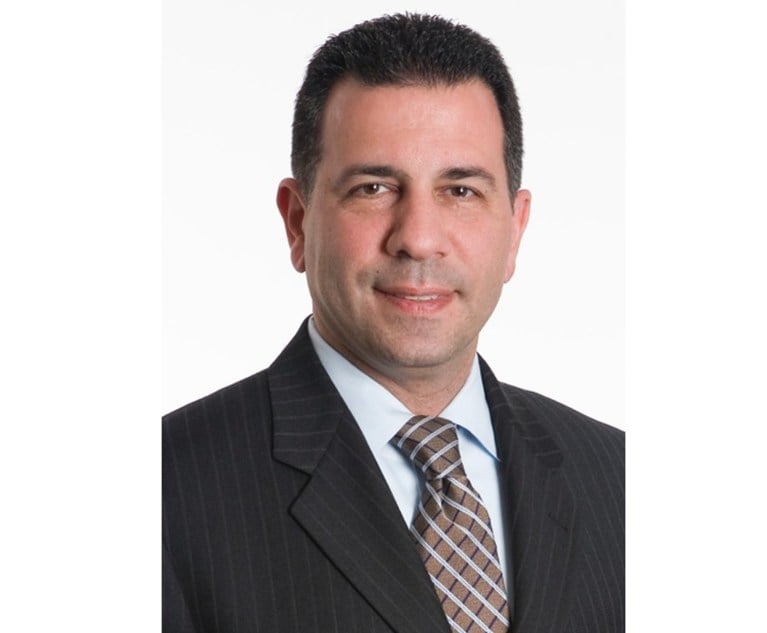In the wake of the #MeToo movement, employers operating in New York will be subject to sweeping new laws aimed at curtailing sexual harassment in the workplace. On April 12, Gov. Andrew Cuomo signed into law the New York State Budget Bill for Fiscal Year 2019 (the Executive Budget), which he termed “the nation’s most aggressive anti-sexual harassment agenda.” In addition, on May 10, Mayor Bill de Blasio signed into law the Stop Sexual Harassment in New York City Act, described by the city council as critical to creating safe workplaces in New York City. This month’s column reviews the new requirements of these New York state and city laws.
Nondisclosure Agreements
Settlement agreements related to sexual harassment claims typically have included nondisclosure clauses restricting disclosure of the terms of the agreement. Pursuant to the Executive Budget, as of July 11, New York state employers may not include confidentiality provisions in settlement agreements for sexual harassment complaints, unless keeping the matter confidential is “at the complainant’s preference.” If the complainant requests confidentiality, the nondisclosure language must first be provided to all parties. The new law requires a consideration and revocation period, like those required by the Age Discrimination in Employment Act, under which the complainant has 21 days to consider whether or not to accept the confidentiality language, and then has seven days to revoke his or her acceptance before the agreement becomes effective. If the complainant chooses to revoke his or her acceptance, the entire agreement is revoked.


 David E. Schwartz and Risa M. Salins
David E. Schwartz and Risa M. Salins




